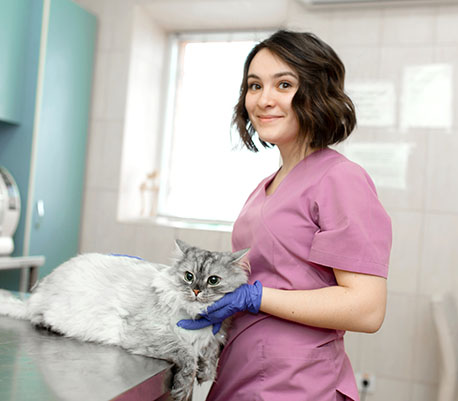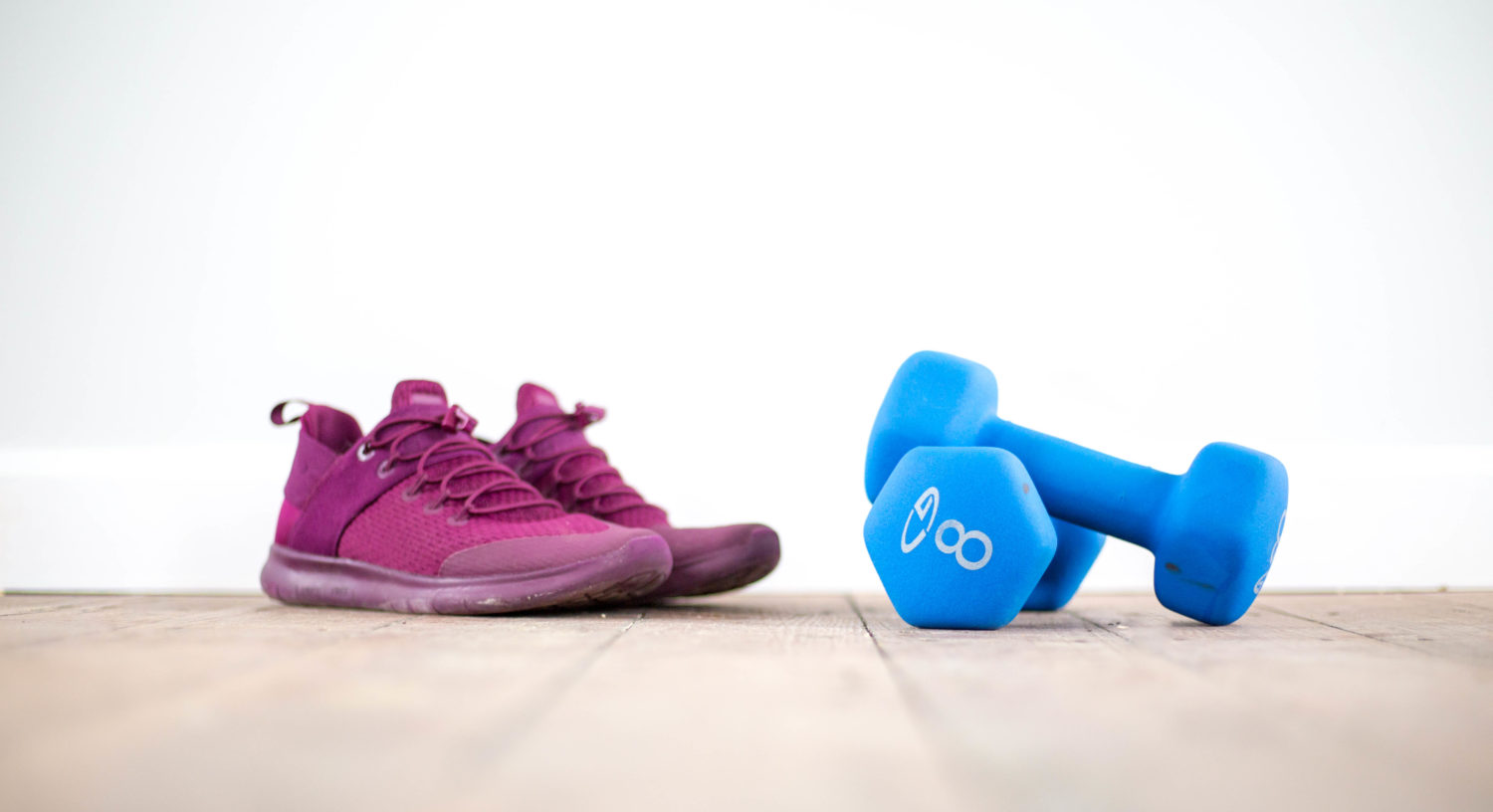Emergency and Critical Care medicine is a big employer of veterinary technicians. Whether you’re drawn to the fast pace and advanced medicine, you need the extra money from shift differentials, or the schedule provides special opportunities, working overnight shifts eventually becomes a reality for some of us. If you’re brand new to the world of emergency medicine, or moving to a clinic that rewards longevity with the day shifts, the new person usually gets plugged into the overnight shift – it’s hard work, both mentally and physically. No matter the reason you find yourself facing the graveyard shift, there are some things you can do to improve your quality of life.
First – the risks.
Shift work is bad for your health. It puts you at higher risk of certain chronic illnesses and cancers, gastrointestinal issues, metabolic issues, and obesity. By a combination of either bad diet, lack of exercise, disruption of the circadian rhythm, or social isolation, staying up all night wreaks havoc on your body and mind.
So, how do we have a good quality of life if we have to work overnights?

- Improving sleep
Getting enough quality sleep should be the number one priority of any technician working nights. Lack of sleep depresses your immune system, makes you less safe behind the wheel, causes you to crave unhealthy foods, and can increase depression, anxiety, and moodiness.- Practice good sleep hygiene. Much of the advice given to insomniacs can be used for shift workers, including limiting screen time in the morning after you get off of work. Our phone and computer screens inhibit the release of melatonin, the endogenous hormone that helps us fall asleep and stay asleep. If you need a palate cleanser between work and sleep, I recommend easy reading novels of your preferred variety.
- Get blackout curtains. Our pineal gland releases more melatonin when our bodies are in darkness, which means that restful sleep can only be achieved by blocking the sun out of your bedroom. Good blackout curtains are expensive, but you can’t really put a price on good sleep, can you?
- Go home and go to sleep. Don’t stop at the store on your way home. Don’t vacuum. Don’t walk the dog. Go home and go to sleep as soon as you can. The more sunlight you’re exposed to will increase the amount of stress hormones you release and affect how well you sleep.
- Find natural sleep aids if you need help falling asleep. CBD or oral melatonin can help if you need help feeling sleepy. Avoid using alcohol or marijuana as they can disrupt healthy sleep cycles and encourage dependence.
- Maintain physical health
A key to preventing some of those diseases mentioned above is to stay in good shape, both physically and metabolically.- Avoid sugary and unhealthy foods. It can be tempting to grab fast food for dinner on your way to work, snack on a leftover doughnut when you have a blood sugar crash at 3am, or grab a coke when you need a little caffeine boost. But long-term, high carbohydrate meals and snacks contribute to insulin resistance and diabetes. Besides the long-term consequences, blood sugar spikes and dips can cause irritability, low energy, and consumption of excess calories.
- Get regular exercise. It can be the absolute last thing you want to do, but the mental and physical health benefits from exercise make the struggle worth it. Because our jobs rely on awkward positions, heavy lifting, and the occasional wrestling match, focusing on a routine balanced between cardio and weight training is important to protect the health of your back and body.
- Keep the same sleep schedule, even on your days off. This can also be very difficult to do when you have to turn down brunch plans, or have to miss a cousin’s birthday party. However, a regular schedule will help to retrain your circadian rhythm and cortisol cycles, which will allow you to feel awake and sleepy at appropriate times. Without keeping a set routine, you’ll end up feeling like a walking zombie all the time. Trust me on that one.

- Maintain emotional health
This is the trickiest one because it can be hard for friends and family members to understand the unique needs and challenges that come from working overnights.- Set clear boundaries. Your mental and physical health need to be the top priority, and that means fiercely protecting your sleep schedule. Set your phone to Do Not Disturb mode so you can’t be woken up by random texts or reminder calls. Let your friends and family know that you are available after 5pm (or whenever your wake-up time is) for phone calls or events. Be very careful when agreeing to break this rule, as it can become a slippery slope.
- Stay in touch. Having clear boundaries doesn’t mean having to socially isolate yourself. One positive effect of COVID-19 has been the acceptance of phone calls, text messages, and video calls as a way to keep in touch with loved ones, even if you live close by. The Netflix Party feature allows you to watch the same show with friends, while in the comfort of your own home. Once it’s safe to co-mingle again, plan dinner dates, movie nights, or game nights with friends.
- Consider online options. I have never been much into video games, but Coronavirus related social distancing measures have encouraged me to investigate these options. I always thought all multiplayer games were like Call of Duty or World of Warcraft. In fact, there are many multiplayer games that aren’t focused on first person shooting or violence.
- Stardew Valley and Animal Crossing are easily accessible games for brand new players.
- Jackbox.TV provides games that have a party game feel to them, in a large variety of options.
- Even classic games are available online, like Cards Against Humanity, Monopoly, and Ticket to Ride.
Working overnights may be a choice that you make because you want to start a new career, because you need the extra money, or because the schedule is ideal for childcare or school. It’s a difficult decision because it places additional stress on your mind and on your body, but there are things you can do to mitigate that stress. Keep your mind and your body well by sleeping well, eating well, exercising, and keeping in touch with family and friends, and your experience doesn’t have to be bad.

Erin is an ECC specialty certified technician living in beautiful Fort Collins, Colorado. She shares her home and heart with her boyfriend, Bradford, and their chatty kitty, Kevin. While dangerously close to a workaholic, Erin and Bradford still find time to travel together. Erin also enjoys being an amateur home chef, taking photographs, and riding her horse, Katie. Professionally, Erin is passionate about the subject of technician empowerment.


